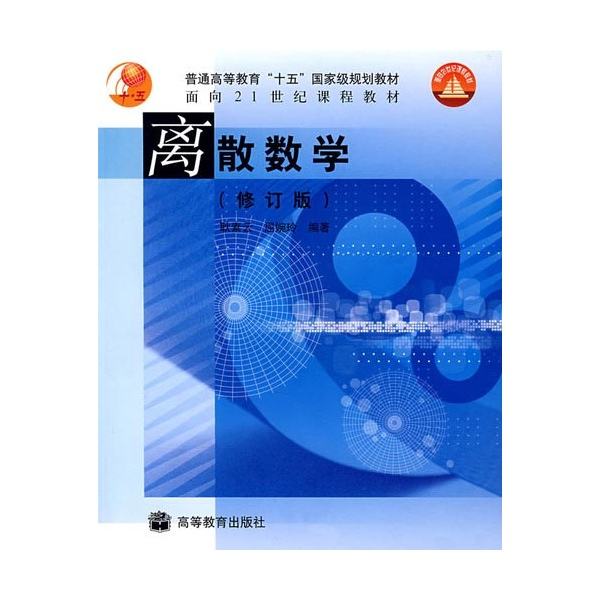A non-empty word $w$ is a \emph{border} of a word $u$ if $\vert w\vert<\vert u\vert$ and $w$ is both a prefix and a suffix of $u$. A word $u$ is \emph{privileged} if $\vert u\vert\leq 1$ or if $u$ has a privileged border $w$ that appears exactly twice in $u$. Peltom\"aki (2016) presented the following open problem: ``Give a nontrivial upper bound for $B(n)$'', where $B(n)$ denotes the number of privileged words of length $n$. Let $\ln^{[0]}{(n)}=n$ and let $\ln^{[j]}{(n)}=\ln{(\ln^{[j-1]}{(n)})}$, where $j,n$ are positive integers. We show that if $q>1$ is a size of the alphabet and $j\geq 3$ is an integer then there are constants $\alpha_j$ and $n_j$ such that \[B(n)\leq \alpha_j\frac{q^{n}\sqrt{\ln{n}}}{\sqrt{n}}\ln^{[j]}{(n)}\prod_{i=2}^{j-1}\sqrt{\ln^{[i]}(n)}\mbox{, where }n\geq n_j\mbox{.}\] This result improves the upper bound of Rukavicka (2020).
翻译:一个非空白单词$w$ 是 美元 = 美元 = 美元= 美元= 美元= 美元= 美元= 美元= 美元= 美元= 美元= 美元= 美元= 美元= 美元= 美元= 美元= 美元= 美元= 美元= 美元= 美元= 美元= 美元= 美元= 美元= 美元= 美元= 美元= 美元= 美元= 美元= 美元= 美元= 美元= 美元= 美元= 美元= 美元= 美元= 美元= 美元= 美元= 美元= 美元= 美元= 美元= 美元= 美元= 美元= 美元= 美元= 美元= q= 美元= 美元= 美元= 美元= qq= q= 美元= 美元= 美元= = 美元= = 美元= 美元= = 美元= = 美元= 美元= = = 美元= 数= = = 美元= = = 美元=


